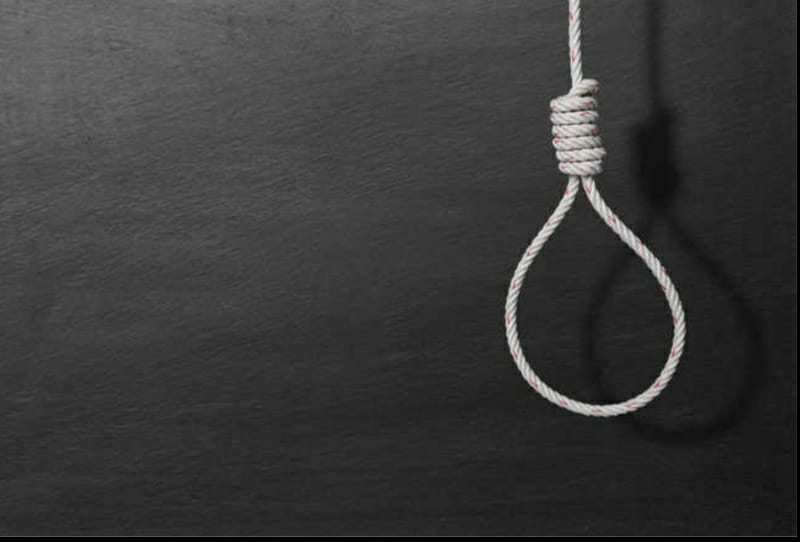Terrorism definitely has a very real and direct impact on human rights, with disastrous implications for victims’ enjoyment of their right to life, liberty, and bodily integrity. Terrorism may destabilise governments, damage civil society, risk peace and security, and harm social and economic progress, in addition to these individual consequences. All of these things have a substantial influence on people’s ability to exercise their basic rights. Individual security is a fundamental human right, and as such, individual protection is a fundamental responsibility of government.
Terrorism is typically defined as acts of violence against people in the pursuit of political or ideological goals. Although the international community has yet to develop a comprehensive definition of terrorism, current declarations, resolutions, and universal “sectoral” treaties dealing with certain parts of it identify specific acts and basic features.
EFFECTS OF TERRORISM
- Endangers the dignity and security of humans.
- Destroys people’s freedom from fear, jeopardises fundamental liberties, and seeks to destroy human rights.
- Aims to demolish society’s democratic foundations.
- Has connections to transnational organised crime, drug trafficking, money laundering, and arms trafficking.
- Has a negative impact on the country’s economic and social growth.
After all these discussions and statements why give human rights to a terrorist? why the court hear pleas in favour of terrorists? why the right to hire a lawyer or the right to present themselves in court is given to terrorists? Above all ‘Mercy Petition” has been given under Article 72 and Article 161 of the constitution:
ART 72. Power of President to grant pardons, etc, and to suspend, remit or commute sentences in certain cases
(1) The President shall have the power to grant pardons, reprieves, respites or remissions of punishment or to suspend, remit or commute the sentence of any person convicted of any offence
(a) in all cases where the punishment or sentence is by a Court Martial;
(b) in all cases where the punishment or sentence is for an offence against any law relating to a matter to which the executive power of the Union extends;
(c) in all cases where the sentence is a sentence of death
(2) Noting in sub-clause (a) of Clause ( 1 ) shall affect the power to suspend, remit or commute a sentence of death exercisable by the Governor of a State under any law for the time being in force.
How long will terrorists be given special treatment, as we witnessed in the Yakub Memon case? An average criminal, such as a dacoit, rapist, robber, or killer, or any other ordinary criminal, does not travel to Pakistan or any other foreign nation to receive instruction on how to conduct dacoity, rape, robbery, or murder, whereas a terrorist does. A terrorist always declares war on the nation, but a common criminal never does. An ordinary criminal, such as a rapist or a dacoit, will never strike our nuclear sites, which have the potential to wipe out our entire nation, but terrorists always have our nuclear installations on their kill list.
It goes without saying that they constitute a possible threat to our nation’s very survival, yet our government is unwilling to hang them even after they have been convicted and condemned to death by the Apex Court itself. It is not lost on us that we have lost many dynamic charismatic leaders in terrorist attacks, including former Prime Ministers such as late Mrs Indira Gandhi, late Rajiv Gandhi, and many others such as VC Shukla, among others, but what a pity that we still treat terrorists as ordinary criminals and extend the privilege of mercy petition to them.
Those who advocate for clemency for terrorists use numerous articles of the Constitution or sections of the IPC or CrPC to back their headless chicken claims that even the law is on their side. Why do they forget that there was no terrorism in our nation when our Constitution, CrPC, or other laws were drafted? Afzal Guru had been on death row after his appeal was denied by the Supreme Court on August 5, 2005, for his participation in the 2001 terrorist assault on Parliament. His execution, scheduled for October 20, 2006, was postponed by the government due to his family’s submission of a Clemency Petition to the President.
The Supreme Court, in a landmark decision in January 2014, humanised the way the state deals with death row convicts by stating that a convict cannot be executed for 14 days after the rejection of his Clemency plea because giving 14-day notice for execution “allows the prisoner to mentally prepare himself for execution, to make his peace with God, prepare his will, and settle other earthly affairs.” It enables the prisoner to meet with his family members for the last time. It is the Superintendent of Jail’s responsibility to ensure that the convict’s family members hear the word of rejection of the Mercy Petition in a timely manner.
It is an unimaginable irony that successive terror assaults, including the one on the Delhi High Court, Gujrat, Mumbai and enumerous places have failed to spark a lively debate over the abolition of mercy petitions for terrorists. Their trial must be quickened, and no mercy should be offered to them if convicted, since they represent the most significant threat not to just one or a few persons, but to the very survival of our entire nation, and nobody, definitely not the terrorists, can be above the country and people! They must be hung as soon as they are caught! The theatre of mercy petitions for terrorists must come to an end now, once and for all! The sooner this is completed, the better it will be for our national interests.

